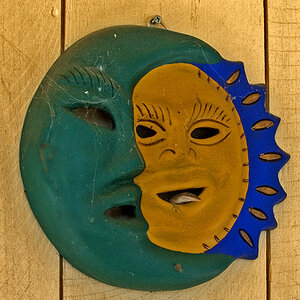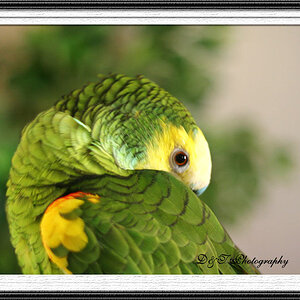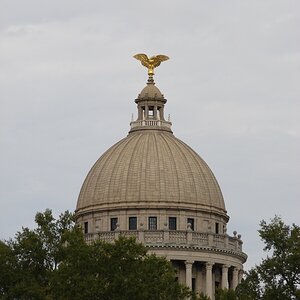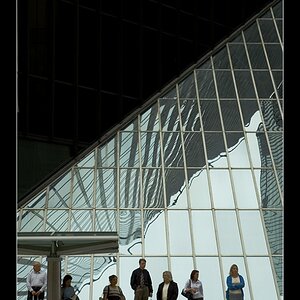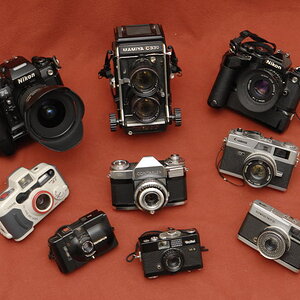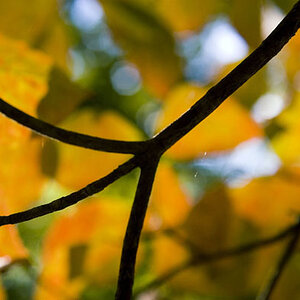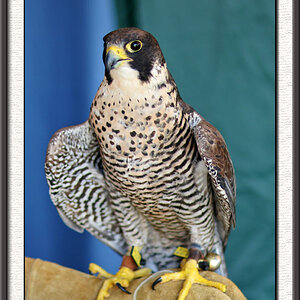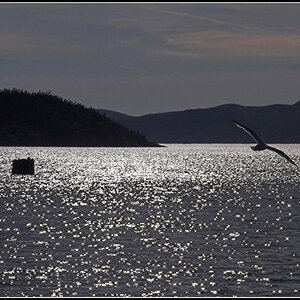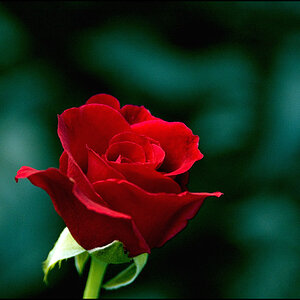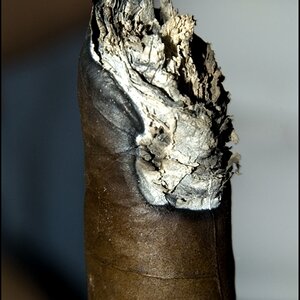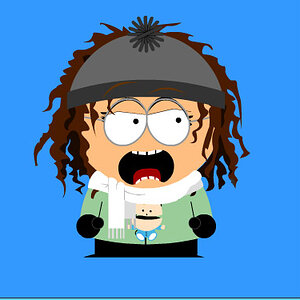kramer97
TPF Noob!
- Joined
- Jun 20, 2018
- Messages
- 3
- Reaction score
- 0
- Can others edit my Photos
- Photos NOT OK to edit
Hi everyone,
I hope all is well.
I'm looking for some feedback and suggestions for a camera which can be used for product photoshoots (indoor and outdoor). My budget is under 500 for a new or used camera and all accessories needed.
I'm not a professional photographer by any means, but willing to learn as much as possible. If there are cameras out there which are better designed for amateurs, then maybe this would be a good start.
I have an online business and the photos of my products are of huge importance for not only the website but mostly for social media, as they're lifestyle based. I'm looking to shoot a few indoor shots, but mainly outdoor photos of my products with different settings, backdrops and grounds. The products are highly reflective and detailed, so unsure if I'll need specific props, accessories and lenses for this style of photography.
The products are stainless steel watches and bracelets. The watches have sapphire crystal glass which highly reflects lights. The bracelets are a mixture of stainless steel beads and charms (which are the highly reflective components of them - especially the stainless steel beads). The other bracelets are natural stones which are easier to shoot. I'm currently using my iPhoneX to shoot, and the photos are coming out OK, not great. I would like to improve the quality of them.
For indoor shoots of these style products, i'll be taking them in different settings, typically, counter tops, floors, furniture are the props used. For the outdoor shoot, the ideas are endless, but I try to get nice backgrounds of nature, woods, water, forests, marble/concrete slabs, etc. Half of my shots will be product only, the other half will be more fashionable, meaning, the products will be worn on the wrists and more zoomed in and close up photos will be taken for this style.
I spoke with a videographer and photographer friend, he advised me of these models:
Canon 70D
Canon 60D
Canon T3i
I would love to get some feedback on not only what has already been suggested, but if the pros on the forum have better suggestions and recommendations for a good camera and any added accessories which may be deemed advantageous for the style of photography i'm looking to do with it.
Thank you!
I hope all is well.
I'm looking for some feedback and suggestions for a camera which can be used for product photoshoots (indoor and outdoor). My budget is under 500 for a new or used camera and all accessories needed.
I'm not a professional photographer by any means, but willing to learn as much as possible. If there are cameras out there which are better designed for amateurs, then maybe this would be a good start.
I have an online business and the photos of my products are of huge importance for not only the website but mostly for social media, as they're lifestyle based. I'm looking to shoot a few indoor shots, but mainly outdoor photos of my products with different settings, backdrops and grounds. The products are highly reflective and detailed, so unsure if I'll need specific props, accessories and lenses for this style of photography.
The products are stainless steel watches and bracelets. The watches have sapphire crystal glass which highly reflects lights. The bracelets are a mixture of stainless steel beads and charms (which are the highly reflective components of them - especially the stainless steel beads). The other bracelets are natural stones which are easier to shoot. I'm currently using my iPhoneX to shoot, and the photos are coming out OK, not great. I would like to improve the quality of them.
For indoor shoots of these style products, i'll be taking them in different settings, typically, counter tops, floors, furniture are the props used. For the outdoor shoot, the ideas are endless, but I try to get nice backgrounds of nature, woods, water, forests, marble/concrete slabs, etc. Half of my shots will be product only, the other half will be more fashionable, meaning, the products will be worn on the wrists and more zoomed in and close up photos will be taken for this style.
I spoke with a videographer and photographer friend, he advised me of these models:
Canon 70D
Canon 60D
Canon T3i
I would love to get some feedback on not only what has already been suggested, but if the pros on the forum have better suggestions and recommendations for a good camera and any added accessories which may be deemed advantageous for the style of photography i'm looking to do with it.
Thank you!


